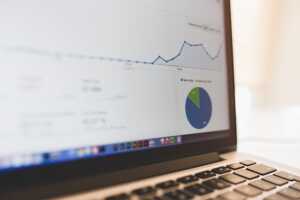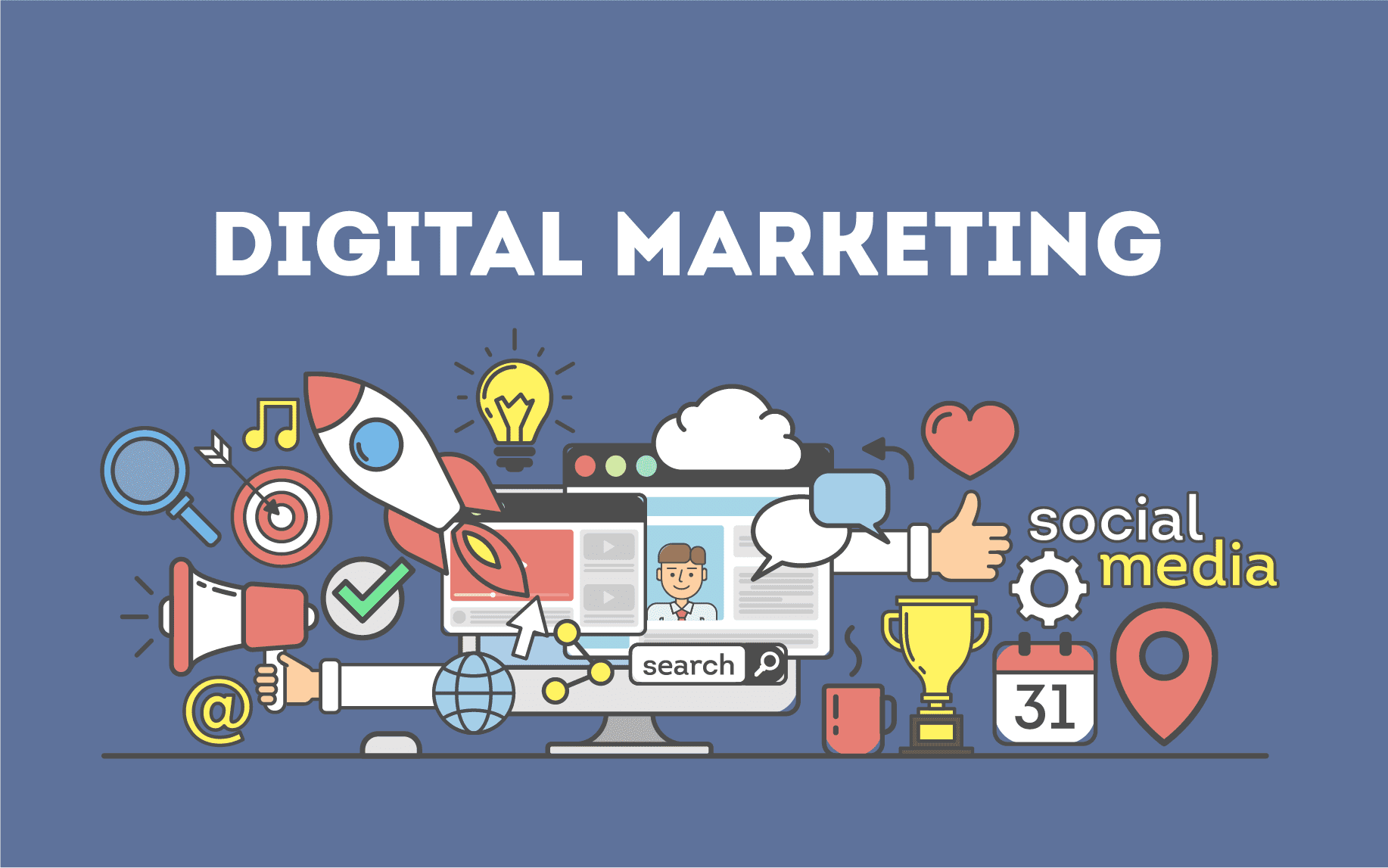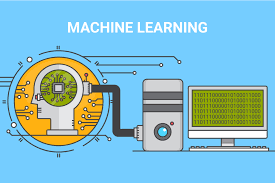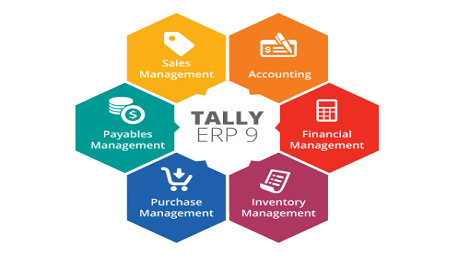In the rapidly evolving tech landscape, two roles have emerged as pivotal to managing, interpreting, and utilizing data effectively—data analysts and data scientists. While these positions often overlap in terms of skill sets and purpose, each plays a unique role within organizations. This blog aims to clarify the distinctions and similarities between data analysts and data scientists, providing valuable insights for tech enthusiasts, data professionals, and those considering a career switch.
Defining the Roles in Data Analysis
To understand the nuances between data analysts and data scientists, we first need to define their core functions. A data analyst primarily focuses on interpreting existing data to identify trends and generate actionable insights. Their work involves cleaning, transforming, and modeling data to support decision-making processes. They are often called upon to produce reports and dashboards to help stakeholders understand the implications of the data.
On the other hand, a data scientist goes a step further by not only analyzing data but also using machine learning algorithms to predict future outcomes. Data scientists develop new processes for data modeling, use advanced statistical tools, and often engage in exploratory data analysis to uncover insights that are not immediately apparent. Their role is inherently more predictive and experimental, often requiring them to create customized data-driven solutions.
Both roles are integral to businesses, yet they cater to different needs within the data spectrum. By understanding these roles, tech enthusiasts and career switchers can better assess which path aligns with their interests and skills.
Educational Background and Skill Set
The educational and skill requirements for data analysts and data scientists differ, reflecting the distinct nature of their roles. Data analysts typically possess a bachelor’s degree in fields like mathematics, statistics, computer science, or a related discipline. They need a strong foundation in statistical techniques, data visualization, and tools such as Excel, SQL, and Tableau. Familiarity with programming languages like Python or R is also beneficial but not always essential.
Data scientists, however, usually hold advanced degrees, such as a master’s or Ph.D., in data science, computer science, or similar fields. Their skill set extends beyond that of analysts, encompassing expertise in machine learning, big data technologies, and complex statistical analysis. Proficiency in programming languages and frameworks like Python, R, TensorFlow, and Hadoop is critical for data scientists.
For career switchers, a transition into either role may require acquiring specific technical skills through bootcamps, online courses, or further education. Understanding these educational pathways and skill requirements can guide aspiring professionals in tailoring their learning experiences.
Job Responsibilities in Detail
The day-to-day tasks of data analysts and data scientists reflect their respective focuses. Data analysts are tasked with data cleaning, exploration, and visualization. They work closely with business teams to understand data needs and translate findings into reports that drive business decisions. Analysts focus on specific questions, using data to answer relevant inquiries and optimize business processes.
Data scientists, however, often engage in more complex and exploratory tasks. They develop predictive models, design experiments, and derive insights using machine learning algorithms. Their responsibilities may include data engineering tasks, feature engineering, and validating models to ensure accuracy. A data scientist’s work is less structured, often requiring them to explore data without a predefined question.
Understanding these differences in responsibilities helps clarify the expectations and outcomes associated with each role, guiding professionals in aligning their career aspirations accordingly.
Tools and Technologies Used
The tools and technologies utilized by data analysts and data scientists are tailored to their specific tasks and objectives. Data analysts commonly use SQL for database querying, Excel for data manipulation, and visualization tools like Tableau and Power BI to create visual reports. These tools facilitate efficient data handling and presentation, allowing analysts to communicate insights effectively.
Data scientists, on the other hand, rely on a broader array of tools. Programming languages like Python and R are fundamental for data manipulation and analysis. They also use machine learning frameworks such as TensorFlow, PyTorch, and Scikit-Learn to build predictive models. Big data technologies like Apache Hadoop and Apache Spark are often employed to manage and process large datasets.
Staying abreast of the latest tools and technologies is crucial for both roles, ensuring that professionals remain competitive and capable of handling complex data challenges.
Career Outlook and Growth
The demand for data analysts and data scientists continues to grow as organizations increasingly rely on data-driven decision-making. According to industry reports, the job market for these roles is expected to expand significantly over the next decade. Data analysts often find opportunities in various sectors, including finance, healthcare, and retail, with potential salary growth as they gain experience.
Data scientists, given their advanced expertise, may command higher salaries and have broader career prospects in tech companies, startups, and research institutions. The role often involves more strategic responsibilities, leading to opportunities for advancement into leadership positions, such as Chief Data Officer or Head of Data Science.
For tech enthusiasts and career switchers, understanding these career trajectories and growth opportunities can help in making informed decisions about their professional paths.
Real-World Case Studies
Examining real-world examples highlights the tangible impact of both data analysts and data scientists across industries. In the retail sector, data analysts might analyze customer purchasing behavior to optimize inventory management and improve sales forecasting. Their insights can lead to more targeted marketing strategies and enhanced customer experiences.
Meanwhile, in the healthcare industry, data scientists develop predictive models that aid in disease diagnosis and treatment plans. By analyzing patient data, they can identify patterns that contribute to better healthcare outcomes and resource allocation.
These case studies underscore the value that both roles bring to organizations, showcasing how data-driven insights and innovations are transforming industries.
Transitioning Between Roles
Transitioning between a data analyst and a data scientist role, or vice versa, is achievable with the right approach. For data analysts aiming to become data scientists, acquiring advanced skills in machine learning, programming, and big data technologies is key. Pursuing further education, such as a master’s degree or specialized certifications, can provide the necessary foundation.
Conversely, data scientists seeking a more business-focused role as analysts can benefit from honing their communication and data visualization skills. Understanding business processes and the practical application of data insights is crucial for this transition.
Mentorship, networking, and continuous learning are essential components of successfully navigating these career changes within the data industry.
Conclusion
In the dynamic world of data-driven business, both data analysts and data scientists play indispensable roles. While data analysts focus on interpreting existing data to drive business decisions, data scientists leverage advanced techniques to predict future trends and innovate solutions. Understanding these distinctions allows tech enthusiasts, data professionals, and career switchers to identify which path aligns with their skills and aspirations.
By exploring the educational requirements, job responsibilities, tools, and career prospects associated with each role, individuals can make informed decisions about their career journeys. Whether you’re drawn to the structured analysis of a data analyst or the exploratory nature of a data scientist, the data landscape offers exciting opportunities for growth and impact.
If you’re interested in further exploring the world of data science and analysis, consider enrolling in online courses, attending workshops, and reaching out to industry professionals for guidance. The road to becoming a data expert is paved with learning and innovation, and the possibilities are endless.
























